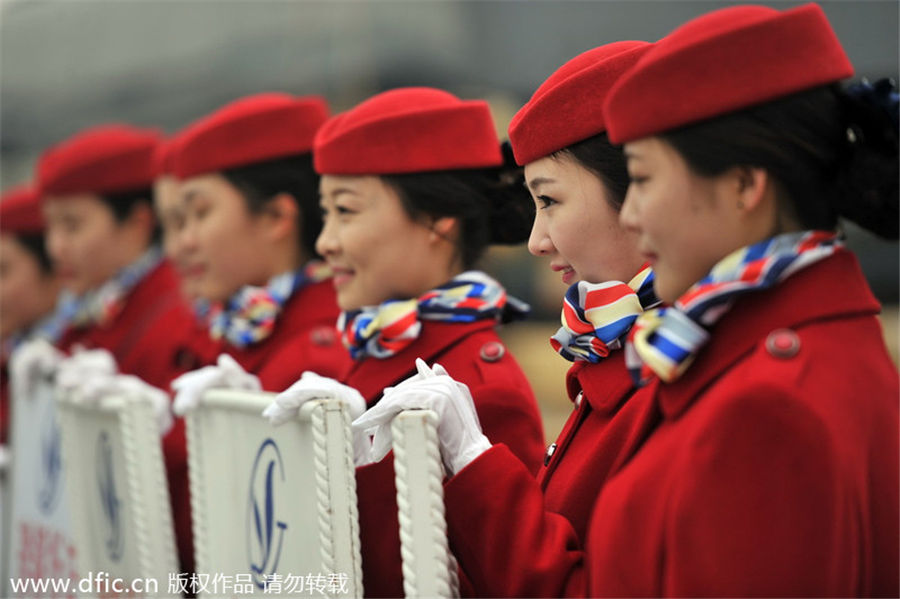She is coming, eventually, to a conference in Beijing that will feature William Cronon of the University of Wisconsin-Madison. The focus of her trip surrounding the conference is learning about agriculture and history so we are making plans to go to Guilin to see them fish with cormorants beneath the terraces of rice paddies, cut into the spectacular hillsides of that unique geographic region.
We will also make a sojourn to a tea-growing region, quite possibly Huang Shan, or Yellow Mountain, which is not too far from Shanghai. I hope we get a chance to see some sericulture and aquaculture, as well. Sericulture is the making of silk. Aquaculture is the way a large percentage of the fish we consume are grown.
I have coached her to read about Xu Guangxi and look for his Nong Zheng Quan Shu, an agricultural treatise that deals with irrigation, fertilizers, famine relief, economic crops, and empirical observation with early notions of chemistry. It is an enormous work, some 700,000 written Chinese characters. Although the final draft was not completed by the time of his death in 1633, the famous Jiangnan scholar Chen Zilung assembled a group of scholars to edit the draft, publishing it in 1639.
The topics covered by his book are:
- The Fundamentals of Agriculture (Nong Ben): quotations from the classics on the importance of encouraging agriculture
- Field System (Tian Zhi): land distribution, field management
- Agricultural Tasks (Nong Shi): clearing land, tilling; also a detailed exposition on settlement schemes
- Water Control (Shui Li): various methods of irrigation, types of irrigation equipment, and the last two chapters devoted to new Western-style irrigation equipment
- Illustrated Treatise on Agricultural Implements (Nong Chi Tu Pu): based largely on Wang Zhen's book of 1313 AD
- Horticulture (Shi Yi): vegetables and fruit
- Sericulture (Can Sang): silk production
- Further Textile Crops (Can Sang Guang Lei): cotton, hemp, etc.
- Silviculture (Chong Chi): forestry preservation
- Animal Husbandry (Mu Yang)
- Culinary Preparations (Zhi Zao)
- Famine Control (Huang Zheng): administrative measures, famine flora
























